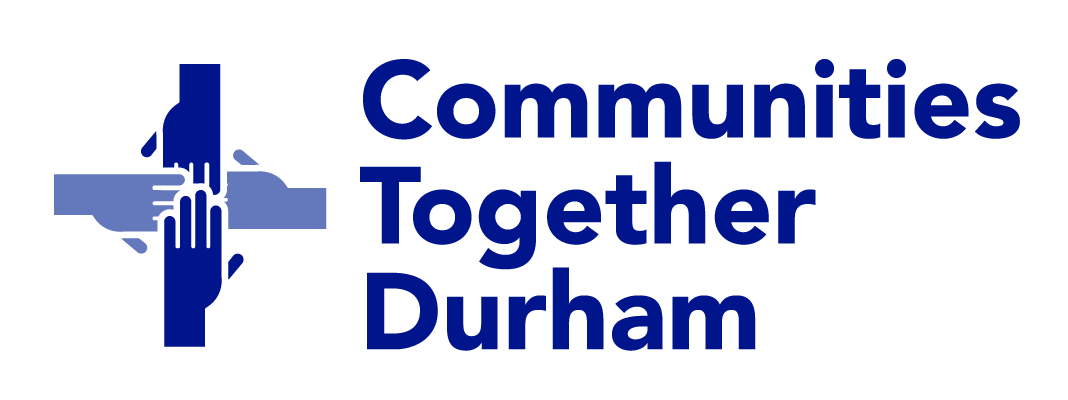Responding to Food Insecurity in Durham Diocese
A little over a year ago a new phrase began to emerge in news reports; ‘The Cost of Living Crisis’. As we enter a second winter where pressures on household budgets continue to increase, these five words have now become embedded in everyday speech. The colder weather inevitably leads to conversations around the cost of heating, and the choice to ‘heat or eat’ is a tragic reality for many. Here in the UK a total of 9.7 million adults experienced food poverty in the month of September. That’s 18% of households – affecting four million children!
Since joining the CTD team in the Autumn I have been heartened by the work that Churches and other organisations are doing to help those affected by the cost of living crisis, and to challenge social injustices in their parishes and communities. There are many amazing projects that have emerged through loving kindness as a response to the current needs. Foodbanks, pantries, community markets, warm hubs and so many more enterprises are meeting people where they are and helping to alleviate some of the strains of existing in the current economic climate.
I have been particularly struck by the gradual movement away from the foodbank model towards the more empowering pantry or community market projects. While there will still sadly be a need for foodbanks when people are in crisis, providing clients with choice, where they can select their own food restores autonomy and gives back dignity to the individual.
A number of projects are also working with external partners to present a range of services under one roof. For example, one community market has invited Citizens Advice to operate a drop-in session from their premises alongside the market, and another runs a CAP advice service to provide free professional debt help.
Some have found that simple things such as redesigning a waiting room with better seating or having a designated greeter have made huge differences to the welcome offered, and the way clients respond to the project. Breaking through the stigma often attached to accessing food aid is essential. Being able to choose the food we eat is a basic right and being able to do so regardless of income fosters a sense of pride while asking for help during a difficult time—and eradicates the shame associated with food insecurity.
The care of humanity is a fundamental task of the Church and the Bible makes it clear that God calls us to look out for one another (John 13:34). It is evident from the ongoing work in the diocese that here in Durham we are answering this call, difficult though it may be, and that each act of generosity, support and love that is carried out in the name of Christ is helping to bring the kingdom of God ever nearer, and the time when justice will reign.
We’re looking to offer a Zoom conversation in the new year to help answer any questions there may be around setting up a response to food insecurity – watch this space!
Anne
